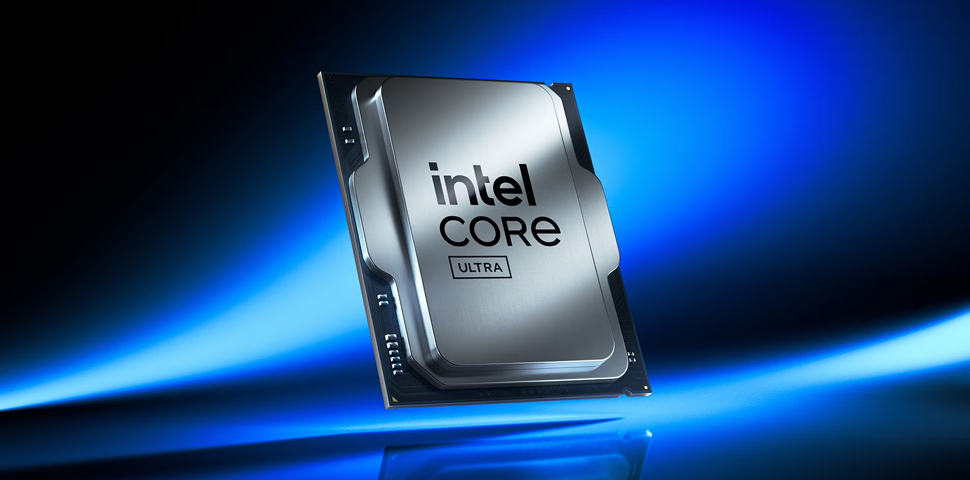
CUDIMMs overclocked to DDR5-12108 to set new RAM OC world record — Intel’s new Arrow Lake CPUs catapult CUDIMMs past the DDR5-12000 barrier
October 25, 2024
Threadripper 9000 CPUs spotted with 16 to 96 Zen 5 cores — Shimada Peak expected to max out at 350W
November 23, 2024A fix is on the way
Intel's Robert Hallock has confirmed that Intel's Core Ultra 200S series launch did not go as planned. In a live stream with HotHardware on YouTube, Hallock revealed that optimization issues with the Arrow Lake platform were the primary cause of degradation in gaming (versus Intel's previous-gen Raptor Lake chips).
Intel identified a number of issues that caused Arrow Lake to exhibit bizarre performance characteristics in some workloads. Hallock revealed that certain combinations of BIOS and OS-level settings created issues that hampered performance.
In one instance, a reviewer recorded memory latency as high as 180ns — over 2x worse than Arrow Lake's expected memory latency of 70 - 80ns.
Despite this memory latency issue, Hallock confirmed to HotHardware that Arrow Lake's gaming performance regression compared to Raptor Lake was not related to memory latency, nor was it caused by Intel's decision to swap to a tile-based architecture. Instead, Arrow Lake's underwhelming gaming performance was caused by tuning and optimization issues.
According to Hallock, Arrow Lake's performance from third-party reviewers did not align with what Intel saw in its internal testing. Hallock noted a massive disconnect between third-party review performance and Intel's internal testing.
Intel is purportedly working on a large internal response to fix these issues. Hallock did not describe in detail the exact issues that are plaguing Arrow Lake's performance scores, but he did say that Intel will undergo a full audit that explains exactly what went wrong with the launch of Arrow Lake and an outline of what the company is going to do to fix it.
That Intel recognizes Arrow Lake's poor launch and massive optimization issues is... encouraging. The Core Ultra 200S series was arguably one of Intel's worst launches in recent memory, with gaming performance coming in as the chip's Achilles' heel.
In Core Ultra 9 285K review, the flagship Arrow Lake chip performed worse than the Core i9-14900K in our 14-game 1080p Geomean — even when using super-fast 8200 MHz DDR5 CUDIMMs. Arrow Lake's debut was even more embarrassing compared to the launch of AMD's Ryzen 7 9800X3D, which performed up to 60% faster than the Core Ultra 9 285K in games.

